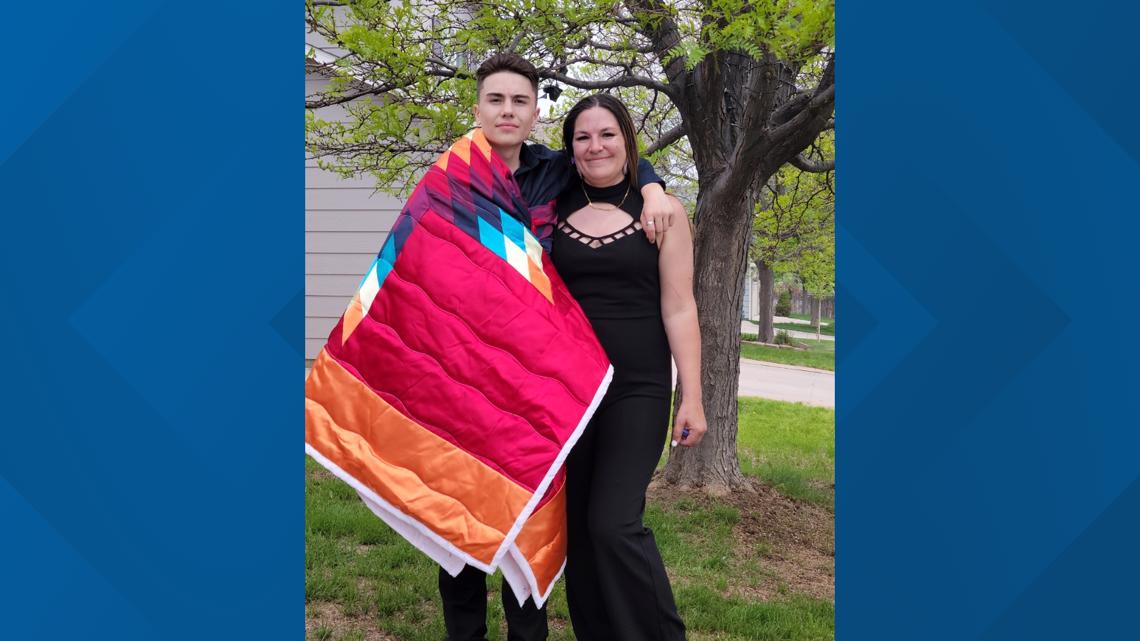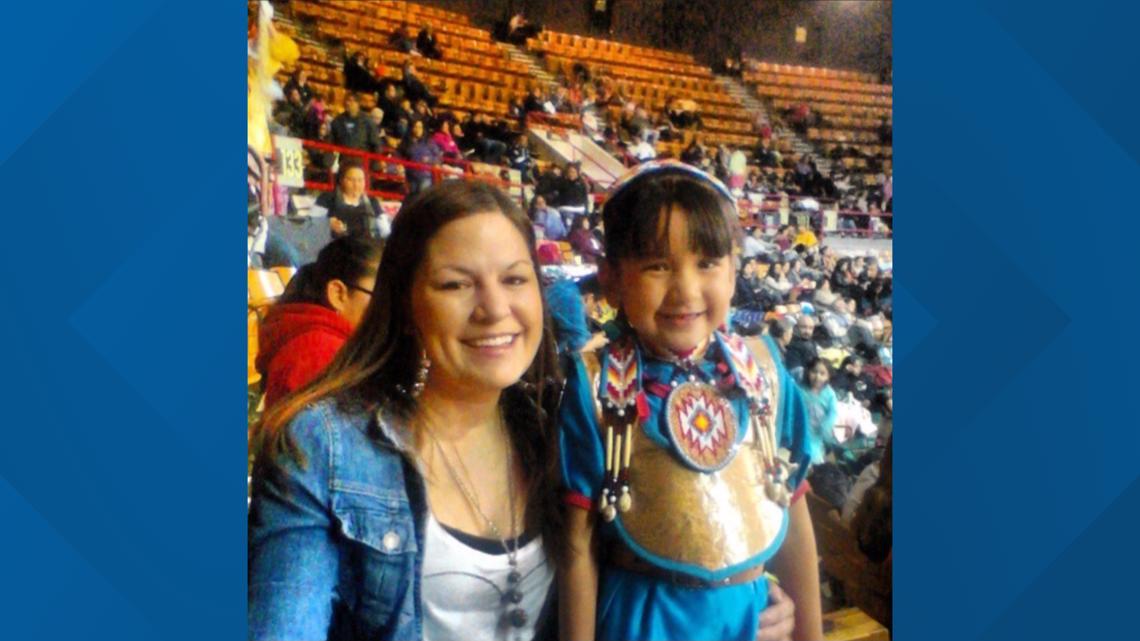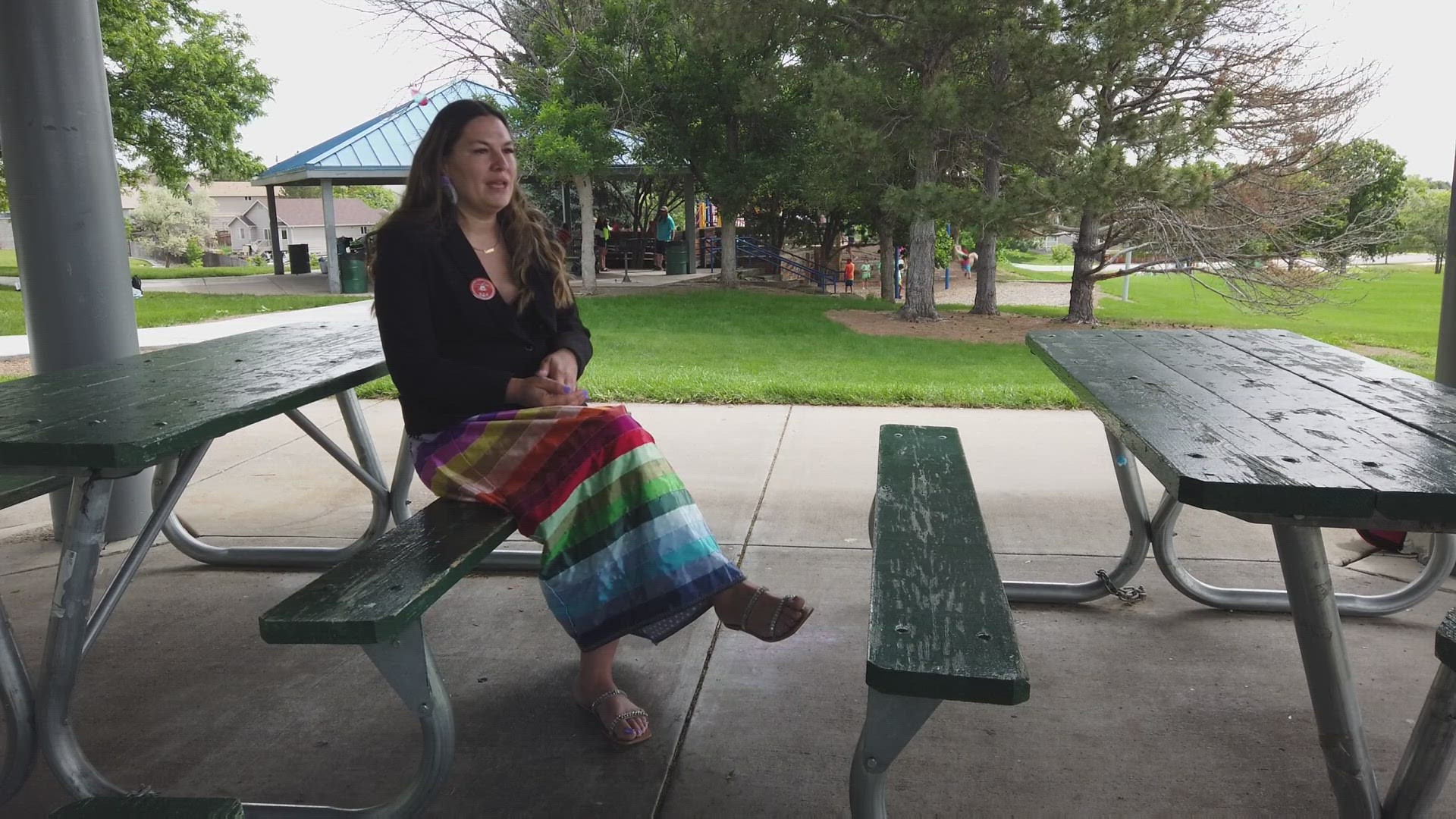DENVER — The United States Supreme Court is leaving the Indian Child Welfare Act (ICWA) intact. The federal law aims to prevent Native American children from being separated from their families, tribes, and culture.
The case included several adoptive parents and the State of Texas challenging the act.
Before ICWA was enacted in 1978, between 25-35% of Native American children were being taken from their homes.
Supporters of ICWA argue most of these kids were then placed with white families or put into abusive boarding schools that attempted to assimilate them by erasing their indigenous cultures.
"I literally woke up this morning just in tears, 'Is this real? Is this real?'" said Katie Correll.
For months, Correll, who's Lakota name is Sina Wičháhpi Wín, has been worried ICWA would be abolished.


"Without our kids we lose our language, right? We lose our songs. We lose our culture," she said.
Correll is a parent advocate for the Colorado Office of Respondent Parent's Counsel (ORPC) and often works on ICWA cases. She's also part of the Oglala-Lakota Tribe.
Thurday morning, she woke up to good news.
"It stands. ICWA stands," she said.
It's considered a major victory for tribes and Native children.
"The thought of it being left up to the states was really scary," said Correll.
According to the Associated Press (AP), Supreme Court justices rejected a broad attack from some Republican-led states and white families who argued that the system is based on race.
"Now you want to talk about discrimination? What about when you were kidnapping our children, when families were hiding their children from the U.S. government to avoid them going to boarding schools?" said Correll.
In 1978, ICWA was enacted to address concerns that Native kids were being separated from their families and placed in non-Native homes.
Tribal leaders have long backed the federal law, as a means to preserving their families, traditions, and cultures.


But, Correll said there's still work to done. She said Native children are still being removed from their tribes.
"We are already losing children that are just not registered for one reason or another or their parents haven’t registered with the tribe for one reason or another, haven’t enrolled," she said. "I just want people to understand that a lot of times these cases are opened due to substance-use disorder and I think that there’s a lot of misconception. People don’t understand that it is a recognized disease."
Correll had a dependency and neglect case in Adams County back in 2019. She said shortly after her mother died, she "spiraled out of control" with her addiction. She was taking opiates for 11 years, prescribed by a doctor.
She said that she decided to go to medical detox and was able to close her case in eight months back in December 2019. Later on, the social worker assigned to her case suggested she become a parent advocate.
"When ORPC started the Parent Advocate Program, she sent me an email with the flyer saying, 'Katie, I think you’d be great at this,'" said Correll.
Her own journey led her to a job where she now provides culturally-appropriate services to families with ICWA cases.
"Our culture and our people have been wiped out enough and we need our children to continue on our traditional ways of life," said Correll.
According to reporting by the AP, Justice Amy Coney Barrett wrote for the seven-justice majority saying the "issues are complicated."
But ultimately, she said the "bottom line is that we reject all of the petitioners' challenges to the statute."
SUGGESTED VIDEOS: Latest from 9NEWS

